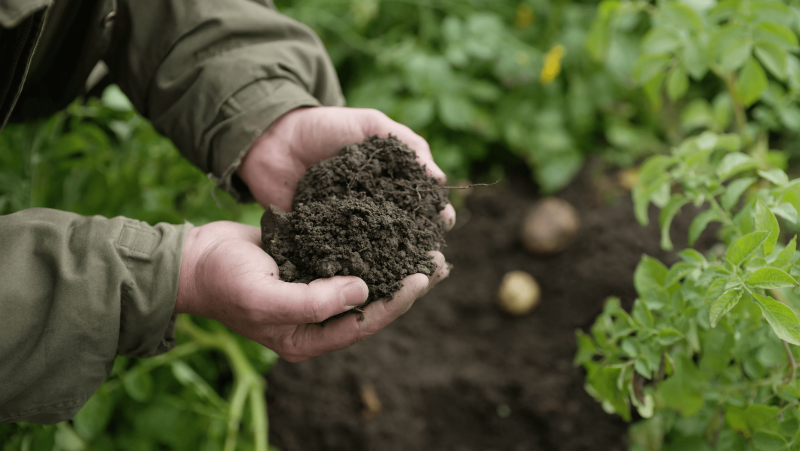Plants already pull significant weight in removing carbon dioxide from the air, but a new study out of the University of Wisconsin-Madison shows there’s potential for plants to capture more.
The study, which was published [June 8] in the journal Science Advances, also shows the potential to increase the amount of aromatic compounds — or the building blocks for certain biofuels and medicines — produced by plants.
Scientists were able to identify a certain gene mutation in the mustard plant Arabidopsis that could take the brakes off of production of aromatic amino acids, which combine to make compounds that are used in food, fuels and medicine.
Additionally, researchers found that modifying this gene caused the plants to absorb 30 percent more carbon dioxide than normal without any ill effect on the plants. If they could reproduce these results at a large scale, it could have an effect on climate change, [researcher Hiroshi] Maeda said.
“We may be able to really increase the amount of CO2 captured by a crop overall, so that it would decrease the CO2 concentration in the air,” Maeda said.
The next step is to try to reproduce the results in actual crops, said Marcos Oliveria, a UW-Madison researcher who worked on the study.































